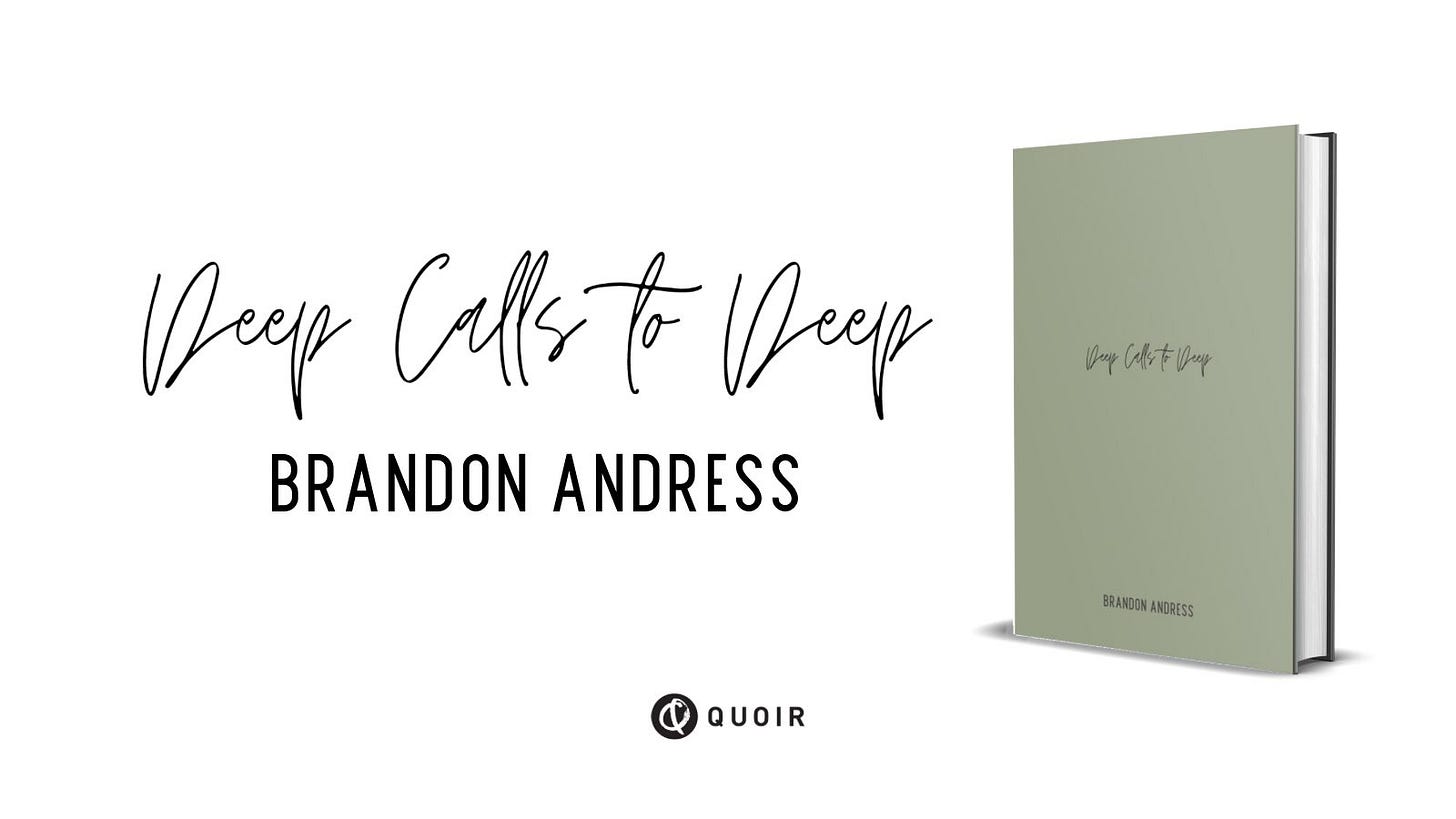Invisible in Plain Sight
Reflections on Appearance, Charity, and Humanity
Over the Christmas holiday in 2010, I volunteered as a Salvation Army bell ringer during two of the coldest days of the year. Bundled in layers of clothing, with a hat, gloves, and a thicker-than-normal, bushy beard, I was warm but practically unrecognizable, armed with my trusty giant metal vacuum thermos filled with coffee
My subzero bell ringing commenced.
At first, I felt awkward. I’m no musician, and my bell-ringing skills were far from rhythmic. It wasn’t long before I wondered if people were donating to silence the offbeat cacophony. My appearance didn’t help—I looked like a rugged drifter shaped by the elements. Even friends walked past me without a glance despite my efforts to make eye contact.
Was I invisible?
Or were people avoiding me to escape the guilt of not giving? Perhaps my rough appearance triggered snap judgments. Over the four-hour shift, I reflected on these possibilities, watching how people reacted as they approached.
Late in the day, a beat-up, rusty 1970s Ford truck pulled up. An elderly woman struggled out of the passenger side, her husband parking the exhaust-spewing vehicle before joining her. After purchasing a few staples, the man walked toward me. He looked me in the eye, wished me a Merry Christmas, and reached into his worn leather pouch to give. It wasn’t a large sum, but more than anyone else had contributed all day.
The gesture floored me. This man, whose appearance mirrored my own scruffiness, not only looked at me but gave generously from what little he had. His simple act of kindness sparked a cascade of questions— Did he identify with my rough appearance? Had he experienced judgment before and wanted me to feel seen? Was he once on the receiving end of the Salvation Army’s help?
I couldn’t escape the realization that those with less are often the first to give. People like this man—humble and worn—seemed far less likely to judge and far more willing to empathize. As much as I resisted these thoughts, my observations throughout the day continually reinforced them.
Near the end of my shift, a friend approached the store. Determined not to let this one pass without acknowledgment, I called out, “Hey! It’s Brandon!” Startled, they turned and exclaimed, “Oh my goodness, I thought you were homeless and wasn’t even going to look at you.”
The experience left me humbled and reflective. That man in the truck reminded me that true generosity comes not from abundance but from the heart. He saw me, not my disheveled exterior, and gave what he could. His act of kindness made me wish more people had his eyes and his heart, and it reminded me to be less quick to judge and more willing to see.
Questions
How often do I judge others by their appearance or circumstances, and what might I miss by failing to truly see them?
Am I willing to give from the heart as those who have the least to spare?
Peace,
Brandon





